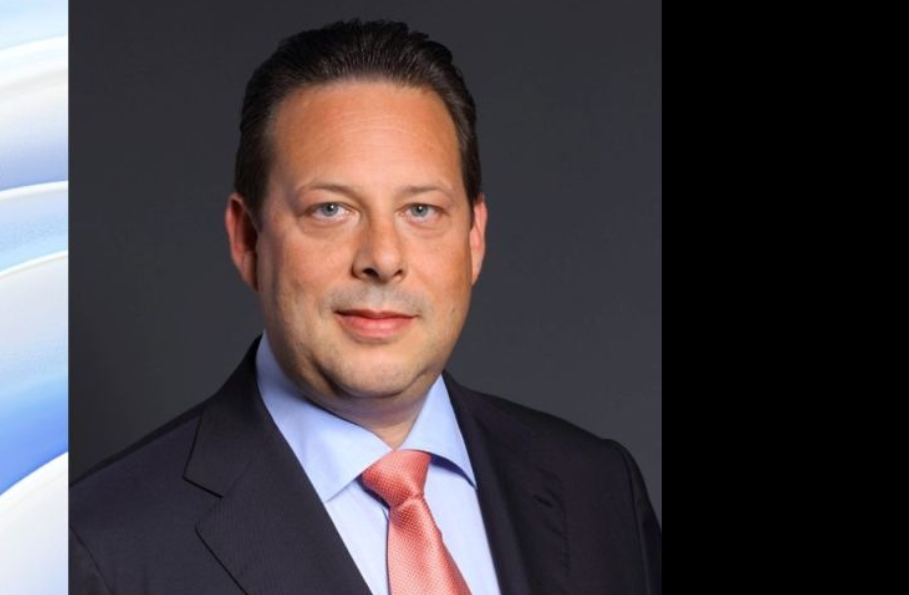Asset Managers Turn to Greater Diversification to Navigate a More Multipolar World
| For Amaya Uriarte | 0 Comentarios

This week has made it clear that we are in a new multipolar world, marked by a geopolitical and multilateral relations realignment. In this scenario, populism and politics generate increasing noise, which the market, for its part, strives to ignore. According to investment firms, this context calls for investors to rethink their roadmaps. What are they proposing?
For Michael Strobaek, Global CIO, and Nannette Hechler-Fayd’herbe, Head of Investment Strategy, Sustainability, and Research, and EMEA CIO at Lombard Odier, “a geopolitical realignment could significantly reshape the global economy and financial markets, leading to more balanced risk-adjusted returns across all asset classes and highlighting the benefits of broad diversification for asset allocators.”
According to these experts, investors are navigating a new post-Cold War multipolar era, where risk-adjusted returns are converging across major asset classes. “The global liberal democratic order seems to be taking a back seat to short-term national and economic interests, led by the new U.S. administration. Asset allocators must manage risk diligently and diversify broadly, leveraging alternative assets whenever possible,” stress experts at Lombard Odier.
For Gianluca Ungari, Head of Hybrid Portfolio Management at Quantitative Investments (Vontobel), and Sven Schubert, Head of Macro Research at Quantitative Investments (Vontobel), markets are moving quickly in response to this new environment. “Despite the initial impact of the tariff announcement on Canada, Mexico, and China—followed by a 25% increase on steel and aluminum imports starting March 12—the markets have absorbed the news relatively well. The direction of market movements in early February reflects the economic effects of the U.S. tariff hikes,” they note.
February now ends with the idea of reciprocal tariffs and ongoing negotiations between the U.S. and Russia to end the war in Ukraine. Because of this, Ungari and Schubert believe investors must stay vigilant. “While we maintain a constructive market outlook and a long position in equities, hedging strategies could be crucial for performance this year. So far, our tail hedges, such as the Japanese yen and gold, have performed well. Meanwhile, European equities have outperformed in recent weeks, driven by expectations of fiscal stimulus after the German elections and Trump’s decision to delay tariffs on Canada and Mexico,” they explain.
Enguerrand Artaz, strategist and fund manager at La Financière de l’Échiquier (LFDE), acknowledges that uncertainty has surged to levels even higher than during the trade tensions of 2019. In his view, equities should rotate towards more defensive sectors that are less exposed to global trade, such as utilities and real estate. “This scenario is not necessarily negative for European small caps, which are, on average, less exposed to international trade and more sensitive to falling interest rates,” he notes.
Additionally, Artaz believes that in a diversified allocation, it would be advisable to increase the proportion of fixed-income assets. “This is a logical move, as a tariff hike is both deflationary and recessionary for affected countries. An escalation could prompt the ECB to cut rates even further. While interest rates have shown resilience so far, if uncertainty persists, it could affect investor sentiment.” Artaz concludes that “for markets, an unpleasant but defined scenario—such as a fixed and final tariff increase—is often better than ambiguity fueled by political volatility.”
Market Behavior
According to Axel Botte, Head of Market Strategy at Ostrum AM (Natixis IM), financial markets appear isolated from the erratic communications coming from Donald Trump. “The flattening of the yield curve has led to a generalized tightening of spreads. Despite the Fed’s stance of maintaining the status quo and the restrictive policy of the Bank of Japan, monetary easing remains the predominant global trend. However, the sharp rise in gold prices sends a lone note of concern,” says Botte.
This global instability is also reflected in oil prices. In fact, the price of West Texas Intermediate (WTI) crude oil reached $72.80 per barrel on February 19, 2025, closing at $72.05 per barrel. “The increase in WTI crude prices is due to a combination of geopolitical, climatic, and supply-demand factors. Uncertainty surrounding production in Russia and the United States, along with the possibility of OPEC maintaining supply restrictions, has created a favorable environment for price escalation,” explains Antonio Di Giacomo, Senior Market Analyst at XS.com.
Additionally, in his view, investors have responded to these events with increased financial speculation in oil. “Market volatility has led to a higher volume of futures contract trading, contributing to price fluctuations. In this sense, traders are closely watching for any signs of changes in production policies from major exporting countries,” says Di Giacomo.
Another asset reflecting this context is gold. “Its price will remain high throughout 2025 amid increased central bank purchases, growing concerns over the harmful effects of U.S. tariffs, and demand for newly introduced gold ETFs. However, it could weaken if the interest rate differential between the U.S. and the rest of the world remains wide, which could keep the dollar strong, exerting downward pressure on gold. That said, this is not our base-case scenario,” adds Peter Smith, Senior International Equity Strategist at Federated Hermes.










